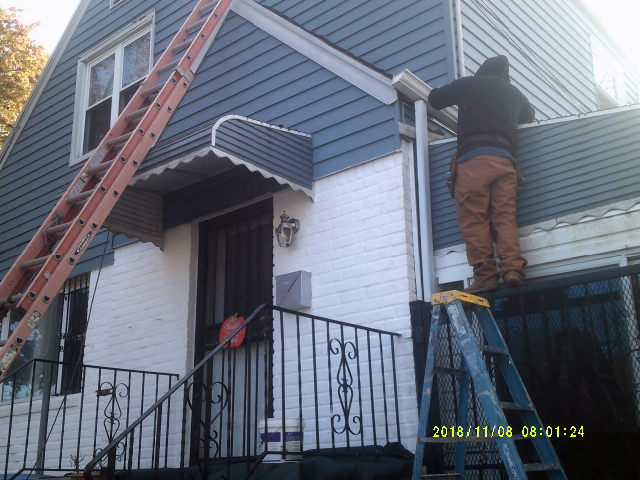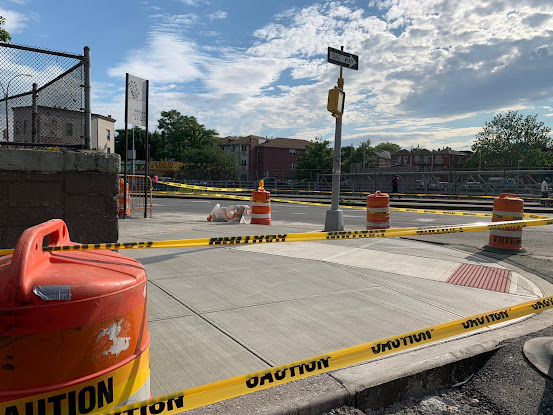How to select Masonry Contractor Long Island NY
For a huge city like New York, there are hundreds of agencies and contractors available for doing new construction and repair works. You would run into advertisements on the streets as well as on the internet. But how do you select good masonry contractors in NYC? Let us look at some ways to help us select the best masonry contractor Long Island NY.
You must first decide whether you would prefer a specialist or a generalist. Most contracting firms have teams which would be able to take up all kinds of work. But there are also several agencies which are specialists in a particular area. There are companies which only do sidewalk repairs Brooklyn NY or there could be specialist waterproofing contractors in Brooklyn NY. Hiring a specialist is good if you have just one job to be done, but they might be priced slightly higher. But if you have a number of jobs to be done, then it might be easier to hire a generalist who can get all the jobs done.
You need to understand what kind of experience the contractor has. Every city has its own set of regulations regarding construction. New York even has rules for clearing of sidewalk debris properly. The contractor you select needs to be aware of the guidelines, and this would be possible only if the contractor has extensive experience.
It is always good if the contractor has adequate skilled personnel and enough tools and implements to be able to do their job thoroughly. If the contractor has a good website, these details would be available there. But if you are speaking to a smaller contractor who might not have a detailed website, then it is not wrong to ask the contractor upfront.
It is important to agree on a timeline before assigning the job to a particular contractor. You must find out if there is any delay clause in your understanding. This kind of clause makes the contractor liable to pay a certain fine in case they are not able to finish your job within the agreed timelines.
For any project, there are two elements of the cost involved. The first is the cost of raw materials, and the second is of labour. On top of these two costs come the profits or service charges of the contractor. You need to understand the implications of how the contractor would charge you. The job could be on materials plus labour basis, which makes it a turnkey project. Some other contractors ask you to provide the materials while they would provide the labour. Depending on your convenience and ability, you must choose one of these.



Comments
Post a Comment